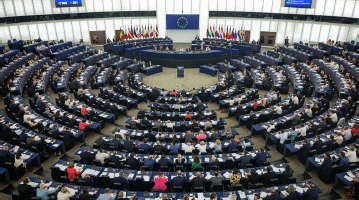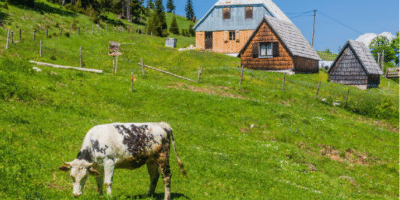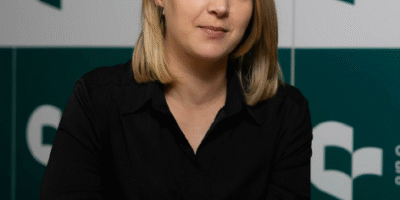Filip Ivanović, Deputy Prime Minister of Montenegro, responded today to questions from members of the European Parliament`s Foreign Affairs Committee (AFET), clarifying the organizational structure of the Serbian Orthodox Church (SPC) in Montenegro. He emphasized that each of the eparchies of the Serbian Orthodox Church operates independently and that the head of the SPC in Montenegro in Archbishop Joanikije, not Serbian Partiarch Porfirije.
“Each eparchy within the Serbian Orthodox Church, like other Orthodox churches, operates independently. So, when you claim that the leader of the largest religious community in Montenegro went to meet with Putin, that is not accurate. The Patriarch of the Serbian Orthodox Church met with Putin. The Archbishop of the Serbian Orthodox Church in Montenegro is Archbishop Joanikije, who did not attend this meeting,“ Ivanović explained in response to a statement by Croatian MEP Tomislav Sokol (HDZ), who claimed that the leader of the largest religious community in Montenegro had met with the Russian president.
Following the exchange, Sokol commented on social media, questioning whether this meant Archbishop Joanikije would be joining the Montenegrin Orthodox Church.
Partiarch Porfirije had earlier stated during his meeting with Russian President Vladimir Putin in Moscow that, “Our stance on Kosovo, Republika Srpska, and Montenegro depends on Russia`s position.“
The clarification provided by Deputy Prime Minister Ivanović is significant in terms of understanding the independence of religious institutions in Montenegro. It highlights the complexity of the relationship between the Serbian Orthodox Church and the political situation in the region, particularly regarding Montenegro`s position on various geopolitical issues. While the meeting between Partiarch Porfirije and Putin may have raised concerns for some, it`s important to differentiate between the leadership of the Serbian Orthodox Church and the actions of individual religious figures. This exchange serves as a reminder of the delicate balance between religion, politics, and national identity in the Balkans.
Written by our correspondent A.A.



